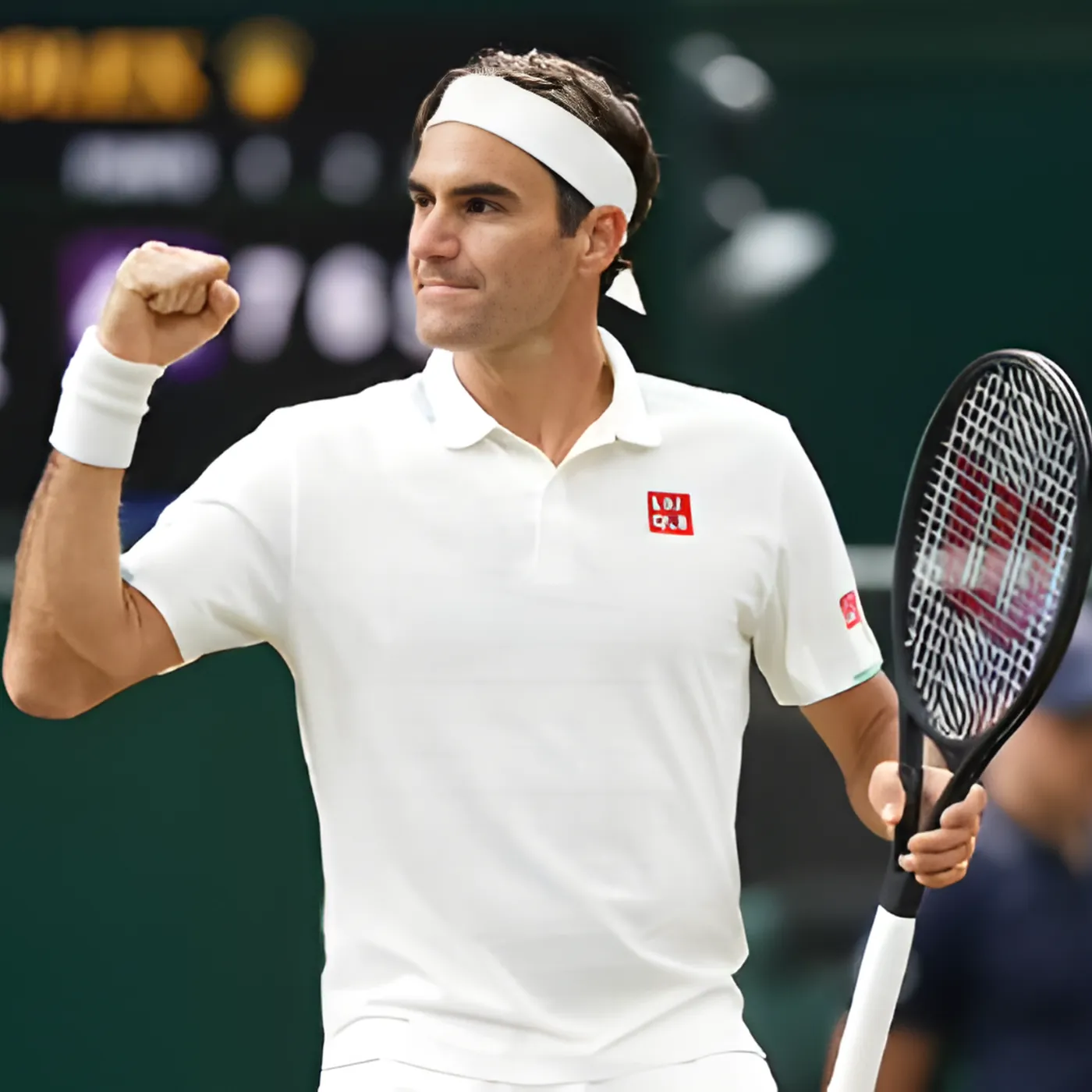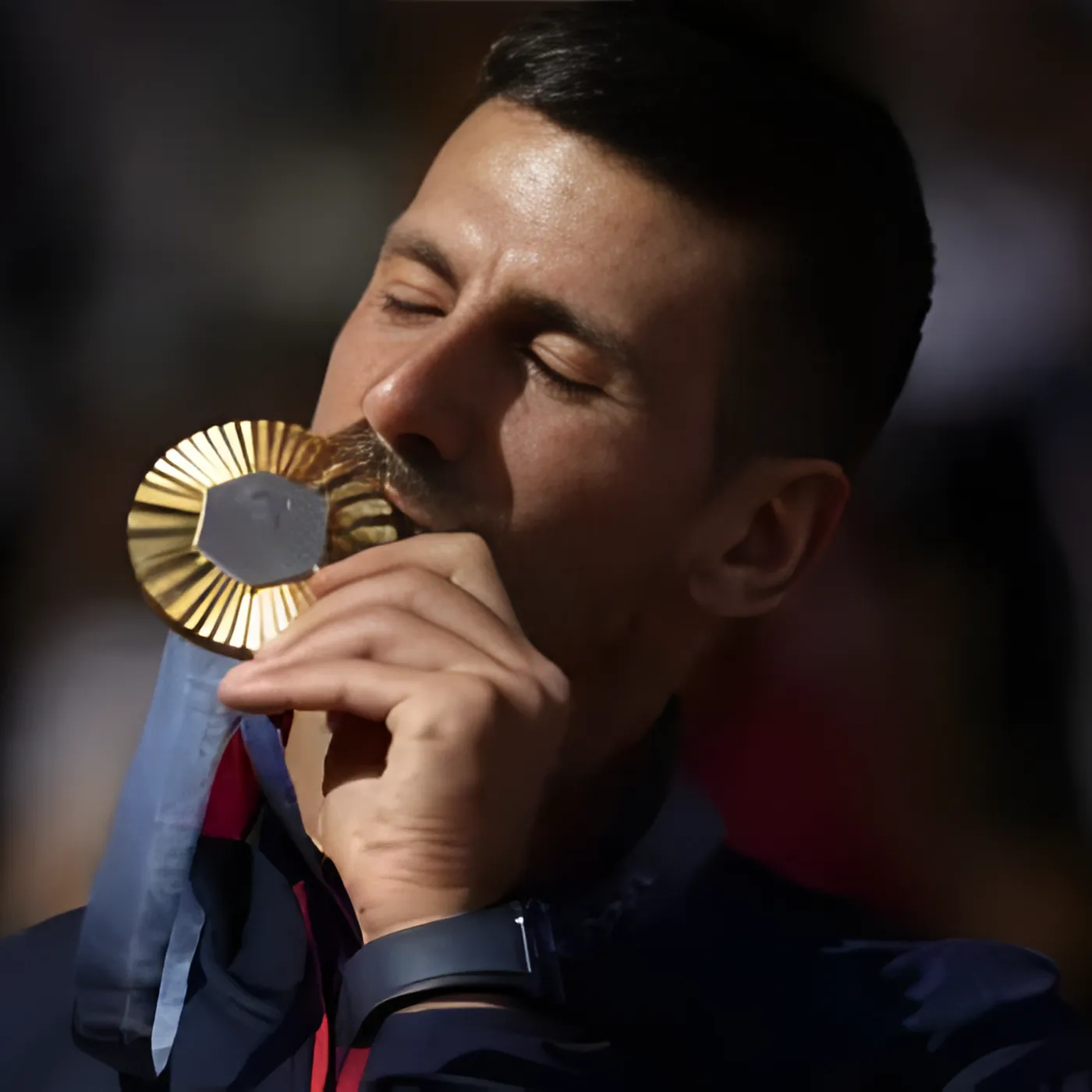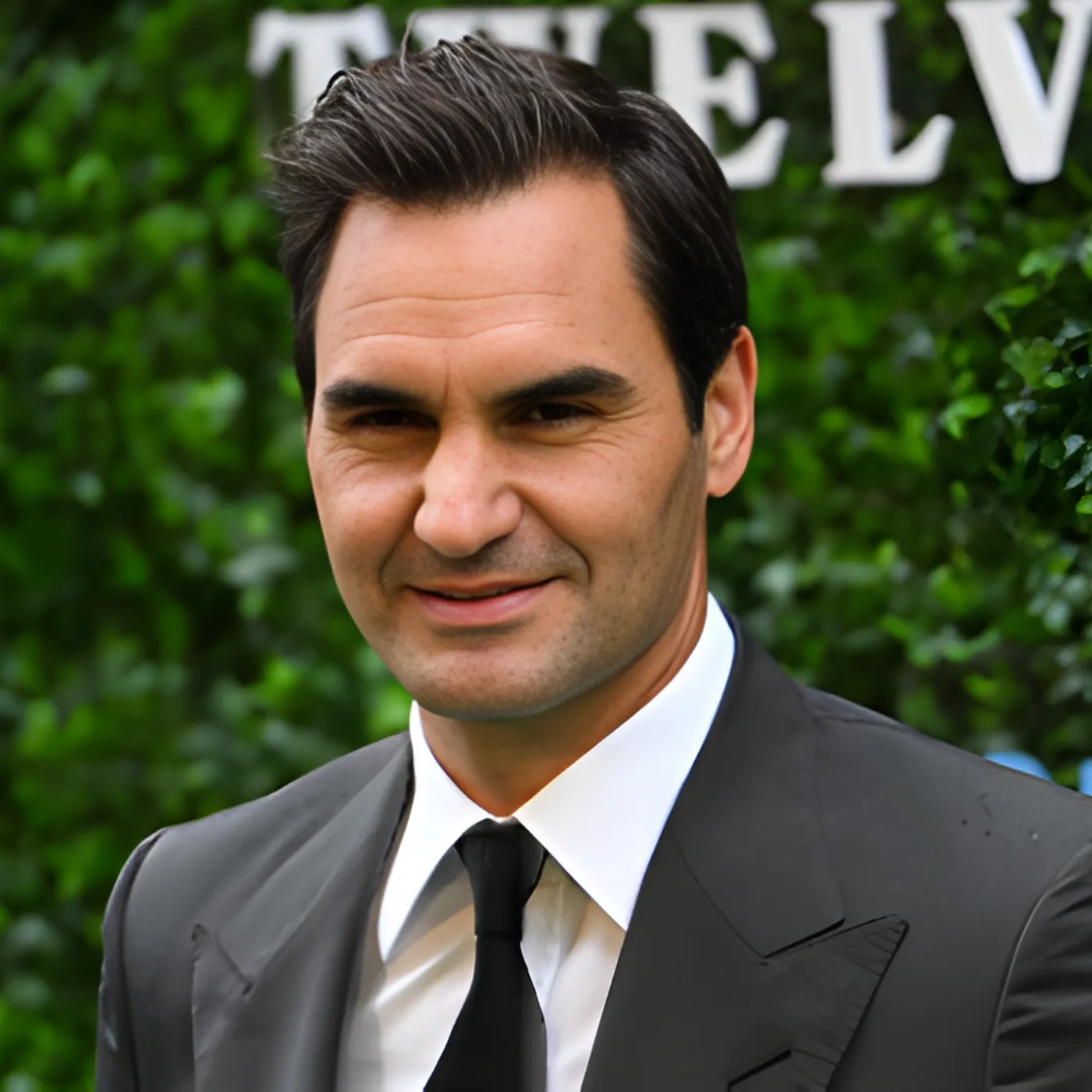
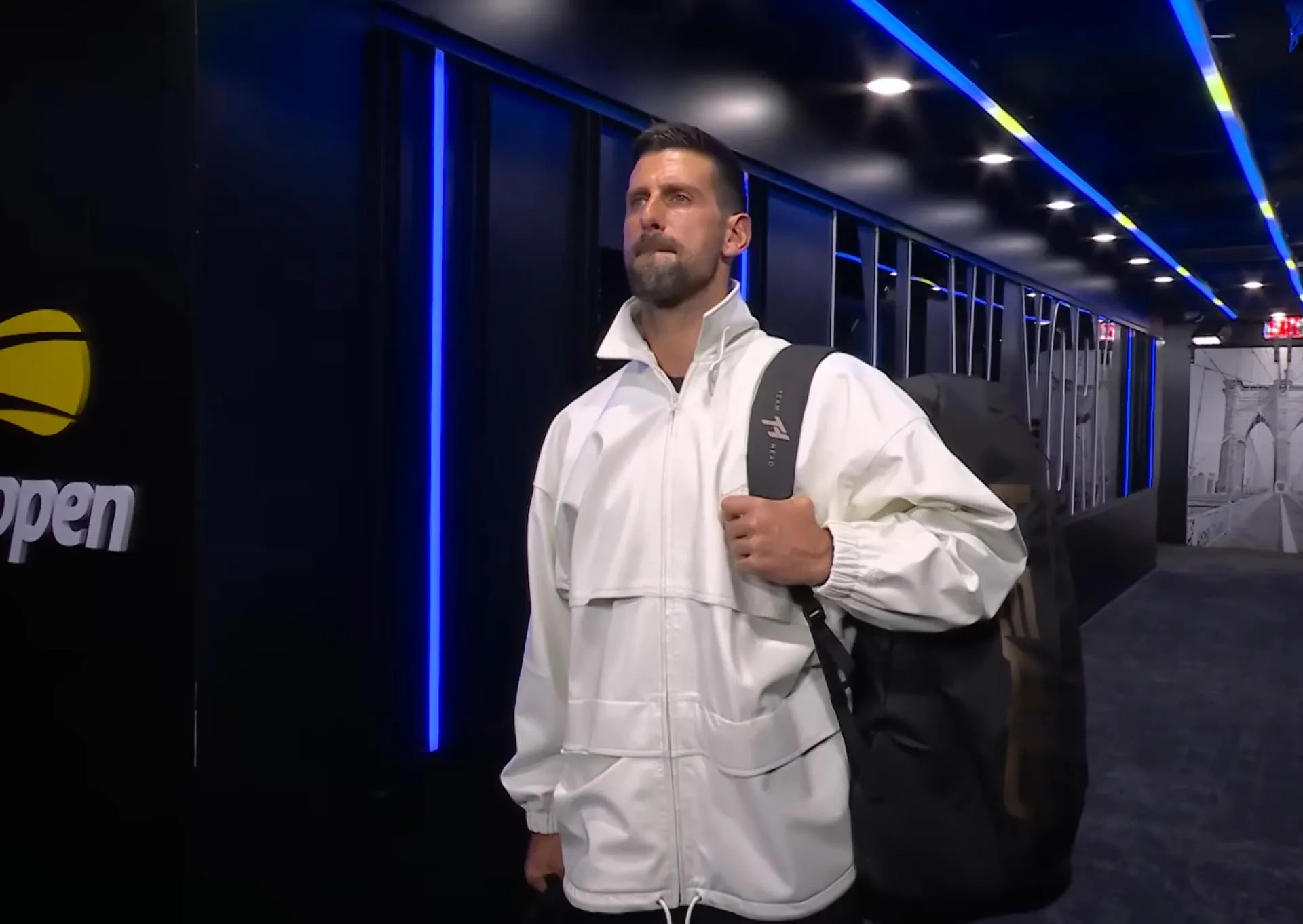
Once Branded Selfish, Novak Djokovic’s Refusal to Get Vaccinated Now Looks Like a Bold Act of Integrity
When Novak Djokovic first declared his decision not to take the COVID-19 vaccine, the sporting world reacted with disbelief, anger, and even ridicule. Headlines branded him as “selfish,” commentators called him irresponsible, and many predicted that his refusal to comply with global vaccine mandates would not only damage his reputation but also tarnish his legacy as one of the greatest players in tennis history. Yet, as time passes and the heated emotions of the pandemic era begin to fade, there is a growing shift in how his stance is perceived. What once seemed reckless to critics is now being reinterpreted by some as a bold act of integrity—a decision rooted in personal conviction rather than convenience, popularity, or career advancement.
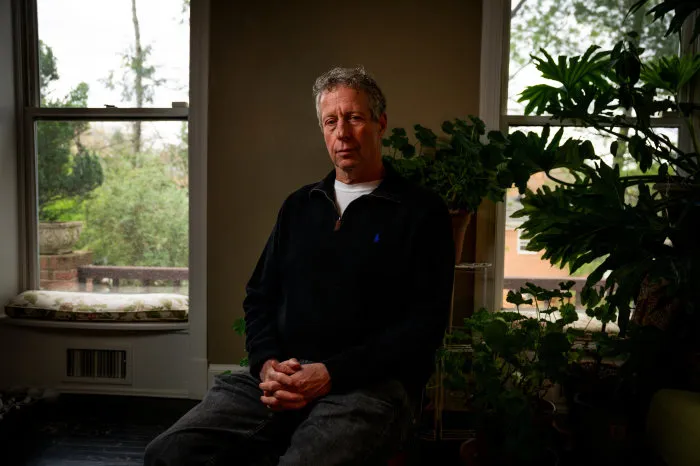
The Initial Backlash Against Djokovic
In early 2022, as the pandemic gripped the globe, international travel restrictions and vaccine mandates were at their height. Australia, known for enforcing some of the strictest COVID-related rules, became the epicenter of controversy when Djokovic attempted to compete in the Australian Open without being vaccinated. His visa was initially granted and then revoked in a highly publicized legal saga that ended with him being deported just days before the tournament.
At the time, critics argued that Djokovic’s refusal to comply with vaccination rules undermined the collective effort to combat the virus. He was portrayed as arrogant, believing himself above the rules that applied to millions of others. The phrase “selfish” followed him everywhere, from the front pages of newspapers to the social media feeds of fans who had once idolized him.
Yet, amidst the criticism, Djokovic stood firm. He consistently maintained that his decision was not rooted in conspiracy theories or disrespect for public health, but in a personal belief in bodily autonomy. His position was clear: even if it meant missing some of the most prestigious tournaments in the sport, he would not compromise on a decision about what goes into his body.
Sacrifices Made at the Height of His Career
The strength of Djokovic’s convictions became evident in the sacrifices he was willing to make. Missing the Australian Open in 2022 was not a trivial decision. At the time, he was chasing the record for the most Grand Slam titles, locked in a historic rivalry with Rafael Nadal and Roger Federer. Every tournament mattered, and the Australian Open had long been his strongest major. His refusal to bend to external pressures may have cost him another trophy, and it opened the door for Nadal to surpass him temporarily in the Grand Slam race.
Beyond Melbourne, Djokovic also risked being sidelined from other major tournaments in countries with strict entry requirements. In doing so, he jeopardized not only his legacy but also millions of dollars in prize money and sponsorships. For a player whose life had been defined by an almost unmatched hunger for competition, the choice to step back from the biggest stages revealed the depth of his commitment to principle over ambition.
Shifting Public Sentiment
As the pandemic waned and vaccine mandates loosened, a new narrative began to emerge. Retrospective analyses questioned whether the harsh treatment Djokovic endured had been excessive. While millions around the world followed government guidelines, there was also an acknowledgment that coercion often played a significant role in those decisions. Djokovic, in contrast, had resisted not for convenience but because he genuinely believed in the importance of individual choice.
This refusal to compromise resonated with those who felt similarly pressured by mandates in their own lives. He became, for some, a symbol of resistance against conformity—a reminder that even in a hyper-connected and judgmental world, it is possible to stand apart and act according to one’s values.
In interviews after the storm subsided, Djokovic expressed no bitterness, even when reflecting on the difficulties of being labeled selfish and irresponsible. Instead, he reiterated that he was at peace with his decision, regardless of the consequences. His calm demeanor, combined with his return to dominance on the court once restrictions lifted, fueled a reevaluation of his actions.
The Broader Question of Integrity in Sport
What makes Djokovic’s stance particularly compelling is that it transcends tennis. Sport has long been a mirror of broader society, where issues of politics, identity, and ethics often play out on the grand stage of competition. Athletes are frequently celebrated for their skill but criticized when they deviate from expected norms. By refusing vaccination, Djokovic did something rare in modern professional sport: he willingly placed his career at risk for the sake of a deeply held conviction.
This act of defiance is not without precedent. History is filled with athletes who stood by their beliefs despite immense backlash, only to be vindicated years later. From Muhammad Ali’s refusal to fight in Vietnam to Colin Kaepernick’s protests during the national anthem, athletes have often been condemned in the moment but later recognized for their courage. Djokovic’s decision now fits into that lineage—a reminder that integrity often requires sacrifice.
The Fine Line Between Selfishness and Integrity
The most striking aspect of Djokovic’s journey is how thin the line can be between being branded selfish and being admired for integrity. During the height of the pandemic, many interpreted his actions as prioritizing personal preference over collective well-being. But with time, context reshaped the narrative. His refusal was not about denying the seriousness of the virus, but about preserving the principle that personal medical decisions should remain personal.
This distinction is crucial. Integrity is not defined by popularity but by consistency and authenticity. Djokovic did not waver when public opinion turned against him, nor did he attempt to manipulate his message to appease critics. He faced the consequences of his decision head-on, even when those consequences threatened to derail the very achievements he had spent his entire career chasing.
Legacy Beyond Numbers
Today, Djokovic stands not only as the most decorated player in tennis history, with more Grand Slam titles than any of his peers, but also as a figure whose story transcends sport. His stance during the pandemic has become part of his legacy—an example of how greatness is not only measured by trophies but by the courage to uphold personal beliefs under immense pressure.
For many fans, the memory of him being deported from Australia will remain a symbol of his resilience. He was stripped of the chance to compete, criticized by governments and media outlets, yet he returned stronger, reclaiming his dominance once the gates reopened. That comeback was not just physical; it was also moral. By refusing to compromise, he proved that the foundations of his character were as unshakable as his backhand.
A Broader Reflection on Society
Djokovic’s story invites reflection on society’s relationship with conformity, authority, and choice. The pandemic was a unique moment in history when governments, institutions, and individuals all grappled with unprecedented challenges. In that environment, decisions were often made out of fear rather than freedom. Djokovic’s refusal stands as a rare example of someone who chose principle over pragmatism.
Whether one agrees with his stance or not, the broader lesson is clear: true integrity requires the willingness to endure loss, criticism, and misunderstanding. In hindsight, Djokovic’s so-called “selfishness” looks less like arrogance and more like a refusal to betray his own values.
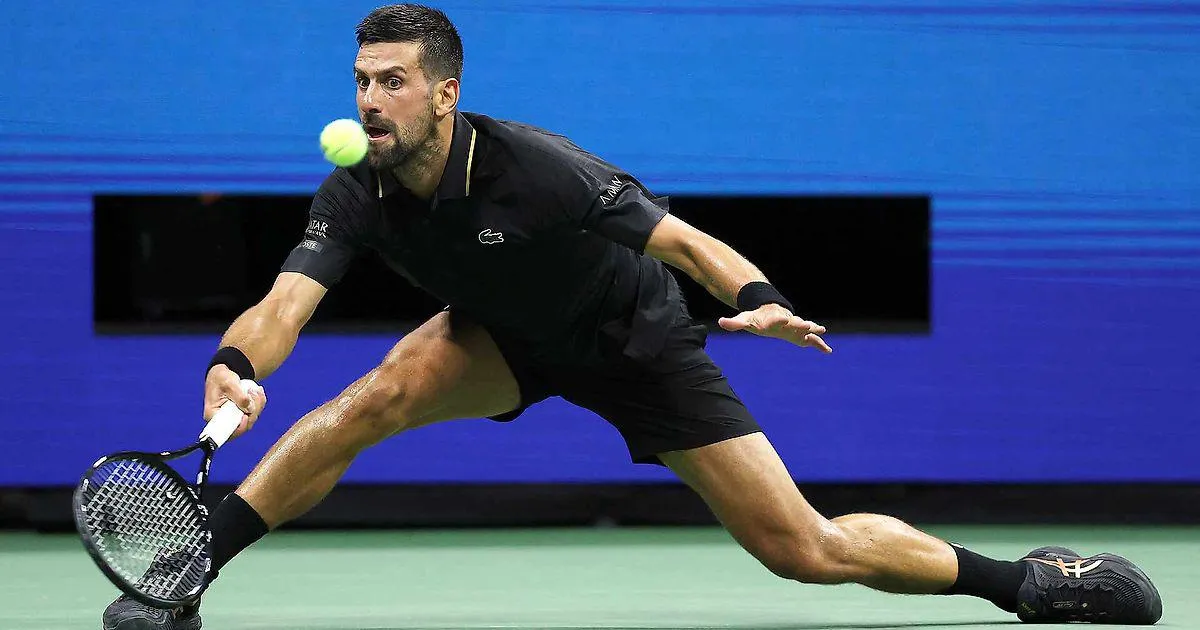
Conclusion
The narrative around Novak Djokovic has come full circle. Once condemned as reckless and selfish, he is now increasingly seen as a man of principle who accepted immense personal cost in order to remain true to himself. His refusal to be vaccinated was never about defiance for its own sake, but about holding firm to the belief that individuals must have the freedom to make personal decisions without coercion.
In the grand arc of his career, Djokovic’s greatest victories may not be measured solely in Grand Slam titles but in the way he has shown that integrity can outlast criticism, and that courage is often recognized only after the storm has passed. What once made him an outcast now positions him as a figure of rare conviction—a reminder that the true measure of greatness lies not only in athletic prowess but in the strength to remain authentic when the world demands conformity.








